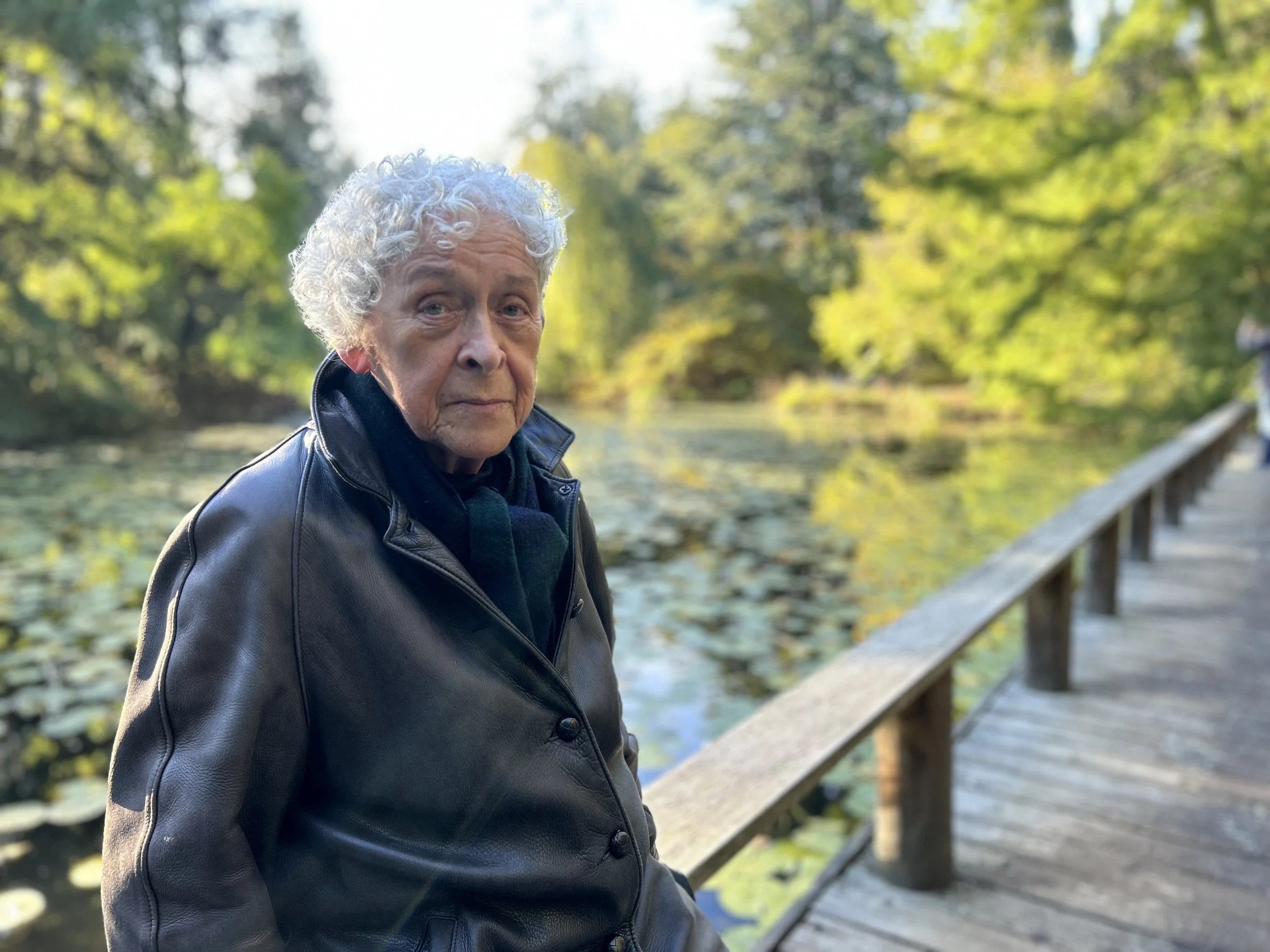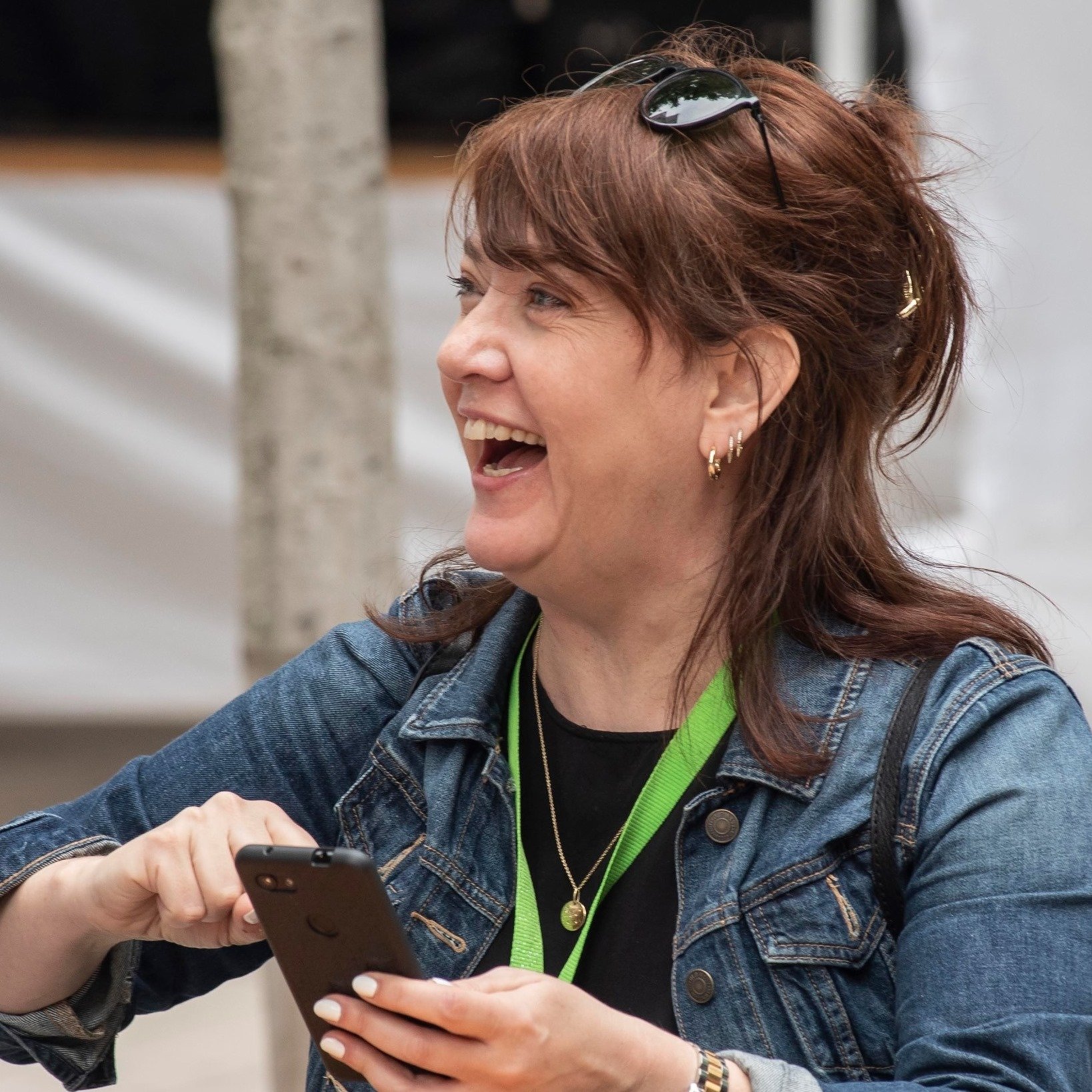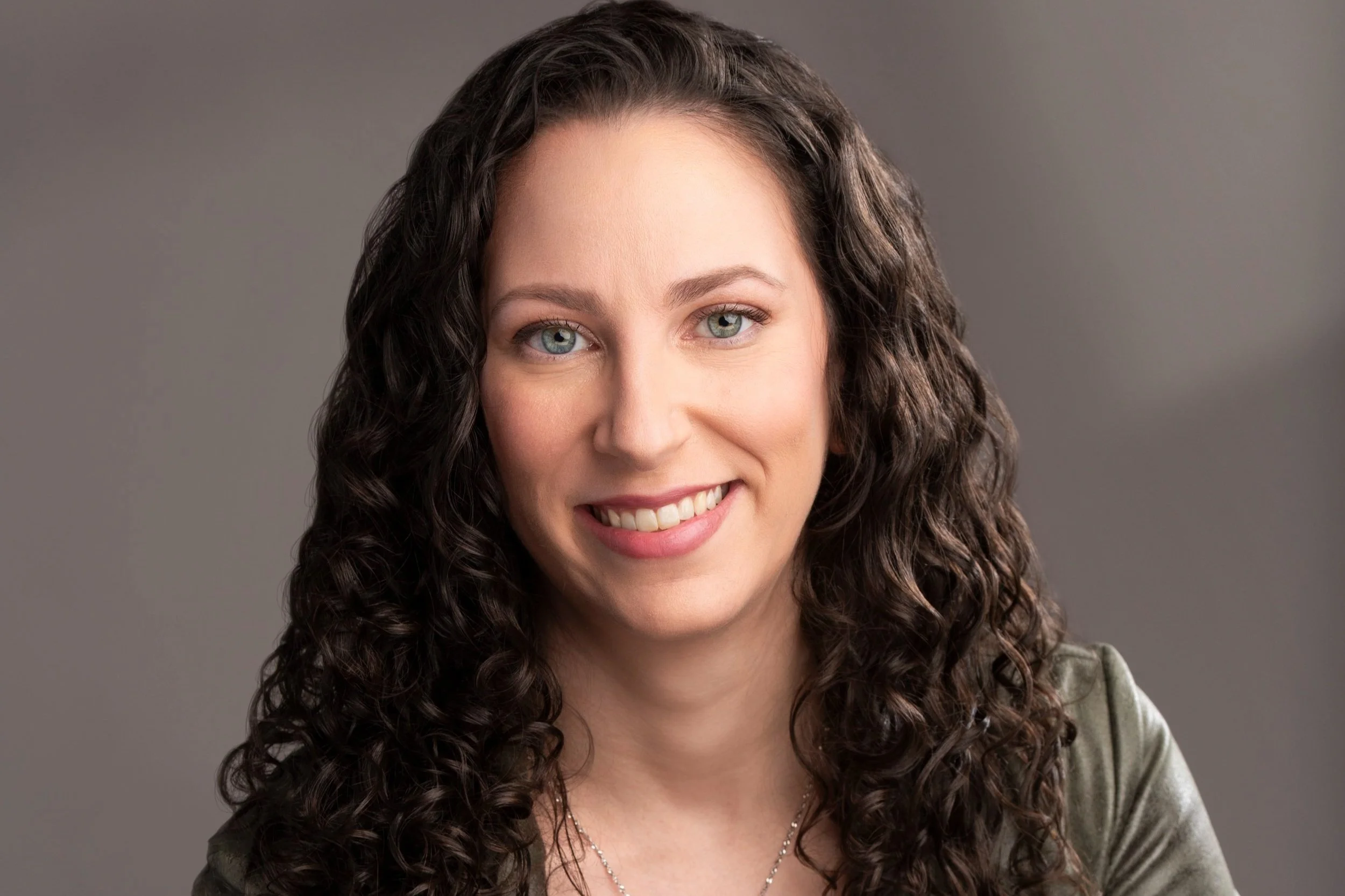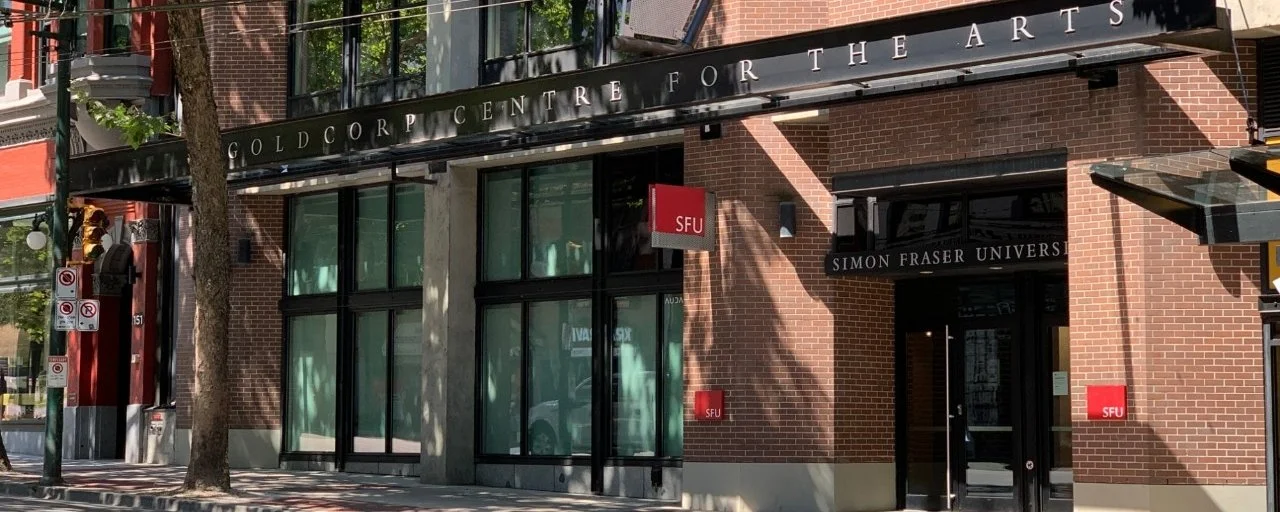Alexandra Morton shares the urgency behind the quest to save wild salmon in Not on My Watch
The biologist’s new book, which looks at her work uncovering the catastrophic effects of open-net pen salmon farms on wild species, is as infuriating as it is inspiring
Alexandra Morton, author of Not on My Watch: How a Renegade Whale Biologist Took on Governments and Industry to Save Wild Salmon, joins Stir co-editorial director Gail Johnson in conversation at Penguin Random House’s National Independent Booksellers Virtual Event on April 12 at 6pm PDT.
AFTER ALEXANDRA MORTON finished university in California in 1979, she moved to the remote village Echo Bay in the Broughton Archipelago to study orcas. Inspired by Jane Goodall and Dian Fossey, the biologist set out to learn as much as she could about the magnificent creatures to protect them.
Then the whales started to leave.
Wild salmon were dying.
Mystified, Morton had to know why.
She discovered that open-net pen salmon farms, most of them foreign-owned, were to blame. The pens are breeding grounds for lethal viruses (which mutate in small spaces), bacteria, and sea lice, which are parasites that feed on fish’s flesh. When fish farmers pour a bath treatment into pens to kill the lice, toxic chemicals spill into the ocean.
For more than three decades, Morton has dedicated her work and life to researching, documenting, and exposing the devastating effects of salmon farms on wild salmon, writing thousands of pages of letters to governments, corporations, NGOs; publishing scientific papers in leading journals; and launching court challenges to get salmon-farm firms out of wild-salmon migration routes. She has stood in solidarity with Indigenous people protesting the presence of fish farms on their traditional territory. Through dogged investigation and Freedom of Information requests, she has uncovered senior federal bureaucrats’ suppression of scientific evidence that clearly demonstrates catastrophic impact of salmon farms on wild salmon.
Every year, Alexandra Morton studies young wild salmon, one by one at eye level, and has seen the devastating effects of viruses and sea lice on them. Photo courtesy Sea Shepherd.
Time and time again, her findings have fallen on deaf ears, facts ignored or discounted.
Now in her 60s with two grandchildren, Morton is still fighting. She shares astounding details of her journey in her new book, Not on My Watch: How a Renegade Whale Biologist Took on Governments and Industry to Save Wild Salmon (Penguin Random House Canada), one of the most important reads to come out of B.C., if not the country, this year.
It’s a story that’s heartbreaking, infuriating, shocking, suspenseful, and inspiring. And it’s a tale that continues to unfold.
“One thing I want to say to people is that this is a ‘write your own adventure’; you can put in your own ending. This book is still being lived,” Morton says in an interview with Stir. “There are unwritten chapters. As people learn about what went on, people can decide what they want to do about it. If enough people get behind any one thing, it will change. We’re living in a critical moment.”
When Stir connected with Morton by phone from her home on the edge of the wilderness, she had spent the previous two days in court via Zoom. Three multinational companies that dominate salmon farming in B.C. are suing Minister of Fisheries Bernadette Jordan after she honoured the demand by seven First Nations—Homalco, Klahoose, K’omoks, Kwiakah, Tla’amin, We Wai Kai, and Wei Wai Kum—to protect wild salmon. This past December, Jordan announced that she would terminate the licences for 19 open-net pen salmon operations, effectively removing them from the Discovery Islands by June 2022. The corporations taking Jordan to court are Mowi, Cermaq, and Grieg Seafood; they are all headquartered in Norway and have operations around the globe.
It’s the first time ever that First Nations, conservationists, and the federal government have been on the same side when it comes to the future of wild salmon. “It’s kind of dizzying,” Morton says. “To prevent restocking of these salmon farms is the single greatest decision the government has ever made for wild salmon….She [Jordan] is getting hit hard by this industry. Governments don’t often move to protect an important part of this planet where there’s a corporation that’s pushing hard; they generally give in. So this is quite extraordinary.”
This is also the first time Morton has felt a sliver of hope, but she knows all too well that the road ahead is long, wealthy corporations have immense power, and time is short. In studying Fraser River salmon, she found that only five percent of the late-run Fraser sockeye lived to return to the river in 2020, with some spawning grounds seeing as few as 27 fish come back.
To bring the urgency of the situation home to people who are far removed from the waters, Morton describes the horrific impact of open-net farms on wild salmon in ways that go straight to the human heart. Every year, she goes “eyeball to eyeball” with so many young salmon, studying them one by one in Ziploc baggies before releasing them back to the ocean.
“It’s one thing to see numbers and graphs; I see the salmon shiver as lice crawl all over them,” Morton says. “I see the bleeding, the emaciation, the lice stuck on their eyeballs. For a while, I was taking each louse off with a tweezer. It really slowed me down. Once I got the louse off, they would sit absolutely still. I wanted to get every single louse off because if I didn’t, I knew they would get infected.
“As a biologist, it is really hard to watch extinction, because you know it means our trees will grow less and we’ll make less oxygen and we’ll pull down less carbon, never mind the bears and the whales and everybody else who will be starving along the way,” she says. “These fish are so important in feeding the forest, which we now recognize is one of our greatest hopes for dealing with climate change. Saving salmon is fighting climate change. It is also reconciliation. It is also cleaning up pollution of this coast. It is also learning how to behave responsibly as humans.”
Morton emphasizes she is not anti-aquaculture. However, it needs to be done in ways that do not kill wild salmon, either with solid walls as opposed to open nets or on land. She also admits that her work is exhausting, yet she will never tire of it. She sees age as a benefit.
“Actually looking at the animals and the environment itself and measuring this continued massive death of this animal that is the bloodstream fuelling the whole area is soul destroying,” Morton says. “That’s the difficult part….I remember writing scientific papers on sea lice and how people completely ignored it, but by then I had matured. I was no longer in my 20s and had raised two children. Then I took the position that many, many women across the world have taken: you’re not going to come into my home and destroy it without a fight.
“When you get to be in your 60s, there’s this ability to just take a really no-nonsense attitude or position,” she says. “Basically, what I’m saying is you need to step away from the fish now. Your behaviour is indefensible. How do you communicate this terrible wrong, this unnecessary wrong, to people who just don’t want to hear it? That’s where grandmother stand comes in.
“I just want the fish to come back.”.















